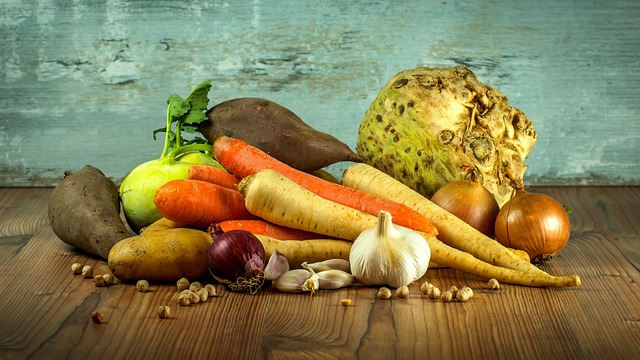Introduction
Parmesan cheese is a popular and widely used cheese known for its distinct flavor and versatility in various dishes. However, despite its widespread consumption, parmesan cheese is not considered vegetarian. This article aims to delve into the reasons behind why parmesan cheese is not suitable for vegetarians.
The Production Process
Animal Rennet: One of the main reasons parmesan cheese is not vegetarian-friendly is the use of animal rennet in its production. Rennet is an enzyme traditionally derived from the stomach lining of young calves. It is used to coagulate milk and separate it into curds and whey during the cheese-making process. The curds are then pressed and aged to create parmesan cheese. As rennet is derived from animal sources, it is not suitable for vegetarians.
Alternative Coagulants: While traditional parmesan production involves the use of animal rennet, some modern cheese manufacturers have started using microbial or vegetable-based coagulants as alternatives. These alternatives are derived from microbial sources or plants and can be suitable for vegetarians. However, it is important to check the label or inquire about the specific brand’s production process to ensure that vegetarian-friendly coagulants are used.
Labelling and Regulations
Lack of Transparency: Another reason why parmesan cheese is not considered vegetarian is the lack of transparency in labeling. Many cheese products do not explicitly mention the type of rennet used in their production. This can make it challenging for vegetarians to determine whether a particular parmesan cheese is suitable for their dietary preferences. As a result, vegetarians often choose to avoid parmesan cheese altogether to be on the safe side.
Regulatory Requirements: In some countries, there are no strict regulations regarding the labeling of cheese products with regards to the type of rennet used. This lack of standardized labeling practices further complicates the issue for vegetarians. It is essential for vegetarians to be vigilant and look for specific certifications or labels indicating that the cheese is vegetarian-friendly.
Vegetarian Parmesan Alternatives
Vegetarian Parmesan Cheeses: In response to the demand for vegetarian-friendly options, several cheese manufacturers have started producing parmesan-style cheeses that are specifically labeled as vegetarian. These cheeses are made using non-animal rennet or alternative coagulants, making them suitable for vegetarians. These vegetarian parmesan alternatives often closely mimic the taste and texture of traditional parmesan cheese.
Plant-Based Substitutes: For those who prefer to avoid dairy altogether, there are also plant-based alternatives to parmesan cheese available in the market. These substitutes are typically made from ingredients like nuts, nutritional yeast, and spices, offering a similar flavor profile to parmesan cheese without any animal products.
Conclusion
In conclusion, parmesan cheese is not considered vegetarian due to the use of animal rennet in its production process. The lack of transparency in labeling and varying regulations further complicate the issue for vegetarians. However, the availability of vegetarian parmesan alternatives and plant-based substitutes provides options for those who wish to enjoy the flavor of parmesan cheese without compromising their dietary preferences.
References
1. Parmesan Cheese: Is It Vegetarian? – The Spruce Eats
2. Is Parmesan Cheese Vegetarian? – PETA
3. Vegetarian Parmesan Cheese – The Vegetarian Society













